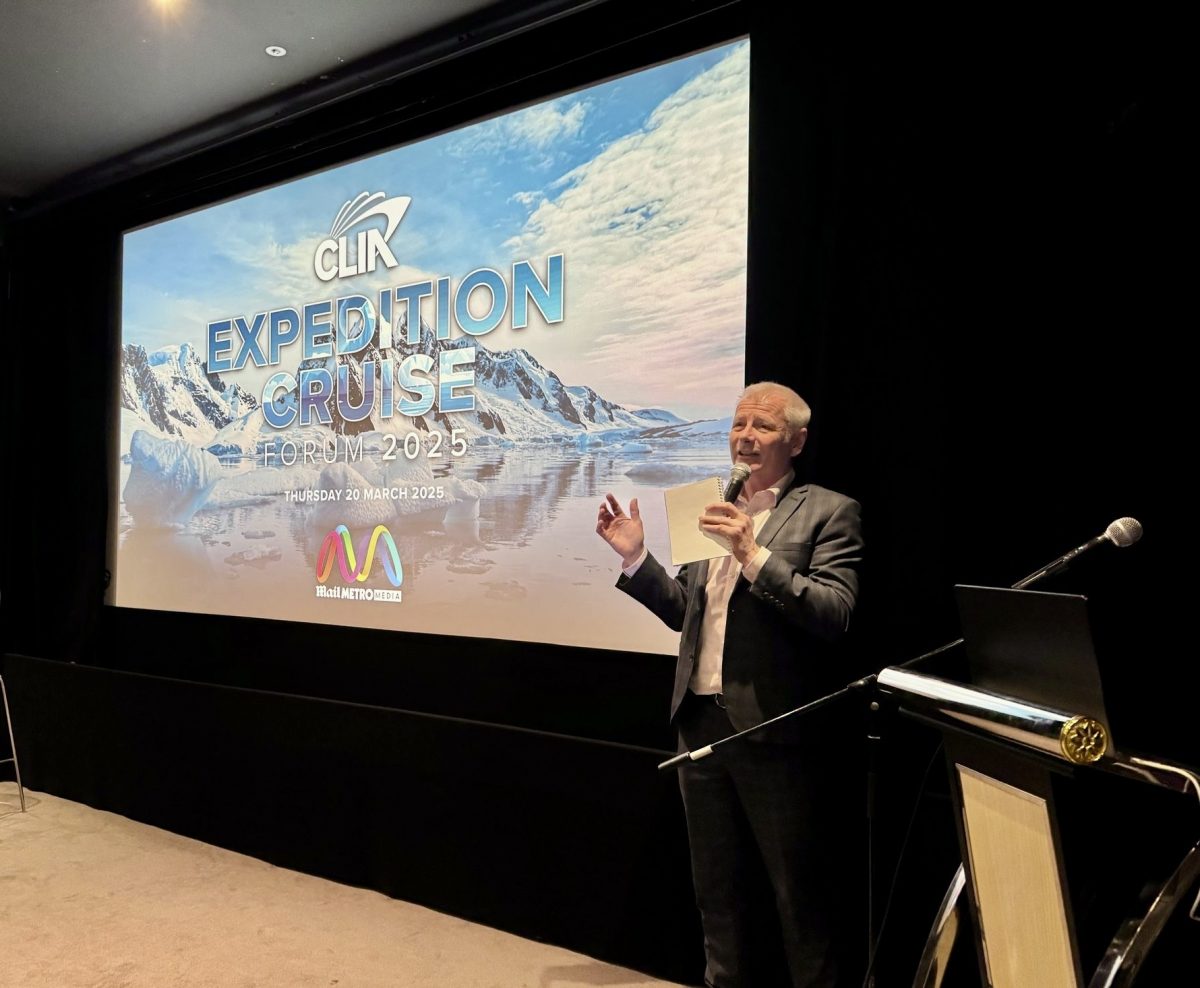US NFO Plog research: Adults more confident to travel
Older adults may hesitate to drive at night, but they express more confidence in travelling internationally than their children or grandchildren, according to the International Travel Confidence Index from NFO Plog Research.
NFO Plog Research has conducted the tracking study monthly since the events of September 11 to gauge consumer attitudes about travelling abroad.
Confidence levels, measured on a 1-10 scale where 10 is most confident, continue to rise in small increments: for total respondents, confidence stands at 7.7 in the current study (conducted January 16-22) versus 7.6 in December and 7.4 in November 2001. Men are slightly more confident than women. Income levels have little impact, but younger travelers consistently remain more cautious than their elders (7.2 under 35 versus 7.9 for 55+).
Scott Ludwigsen, NFO Plog’s Executive Vice President said: “It may be that people in the younger age group feel the responsibilities of children at home – and perhaps occupational obligations as well – that might prevent them planning overseas trips in the current atmosphere. Part of this may be a lingering concern for being stranded at an overseas destination. Since this finding has been consistent over the three waves of the study, it’s useful information for the travel industry in planning future marketing and operations.”
Still, seven out of ten overall (67%) have made travel plans for the next year; 30 percent of whom have made arrangements since September 11. On the other hand, 38 percent express concern about being targeted for harassment overseas, similar to December’s level, but much lower than in November of last year (45%).
The following table illustrates the percentages of international travel planning patterns, based on a question about travel planning as a result of September 11. There are no substantial shifts between the current study and the December wave.
|
Jan 02 |
Dec 01 |
Nov 01 |
||||
|
Keep travel plans same |
34% |
36% |
35% |
|||
|
Did not (still don’t) have travel plans |
29% |
26% |
35% |
|||
|
Changed or cancelled plans |
7% |
10% |
11% |
|||
|
Made plans since 9/11 |
30% |
29% |
19% |
|||
A fairly high proportion of U.S. travellers expressed concerns about safety issues (29%). However, they most often suggest incentives relating to price (low fares, 69%) when asked what would encourage them to fly more often.
Those who are scheduling air travel continue to cite Europe and the United Kingdom as the most popular international destinations, followed by the Caribbean, Mexico, Canada, and Australia/New Zealand.
The third wave of the online study, conducted January 16-22, interviewed 398 respondents who travel internationally. Previous waves occurred in mid-December and early November 2001.
 United Kingdom
United Kingdom United States
United States Asia Pacific
Asia Pacific











































Royal Caribbean issues Legionnaires’ disease warning
Qatar Airways adding Manchester flights
Jet2 unveils Samos as new Greek destination for summer 2026
EU entry-exit system delayed again
ATC strike in Greece could disrupt flights this week